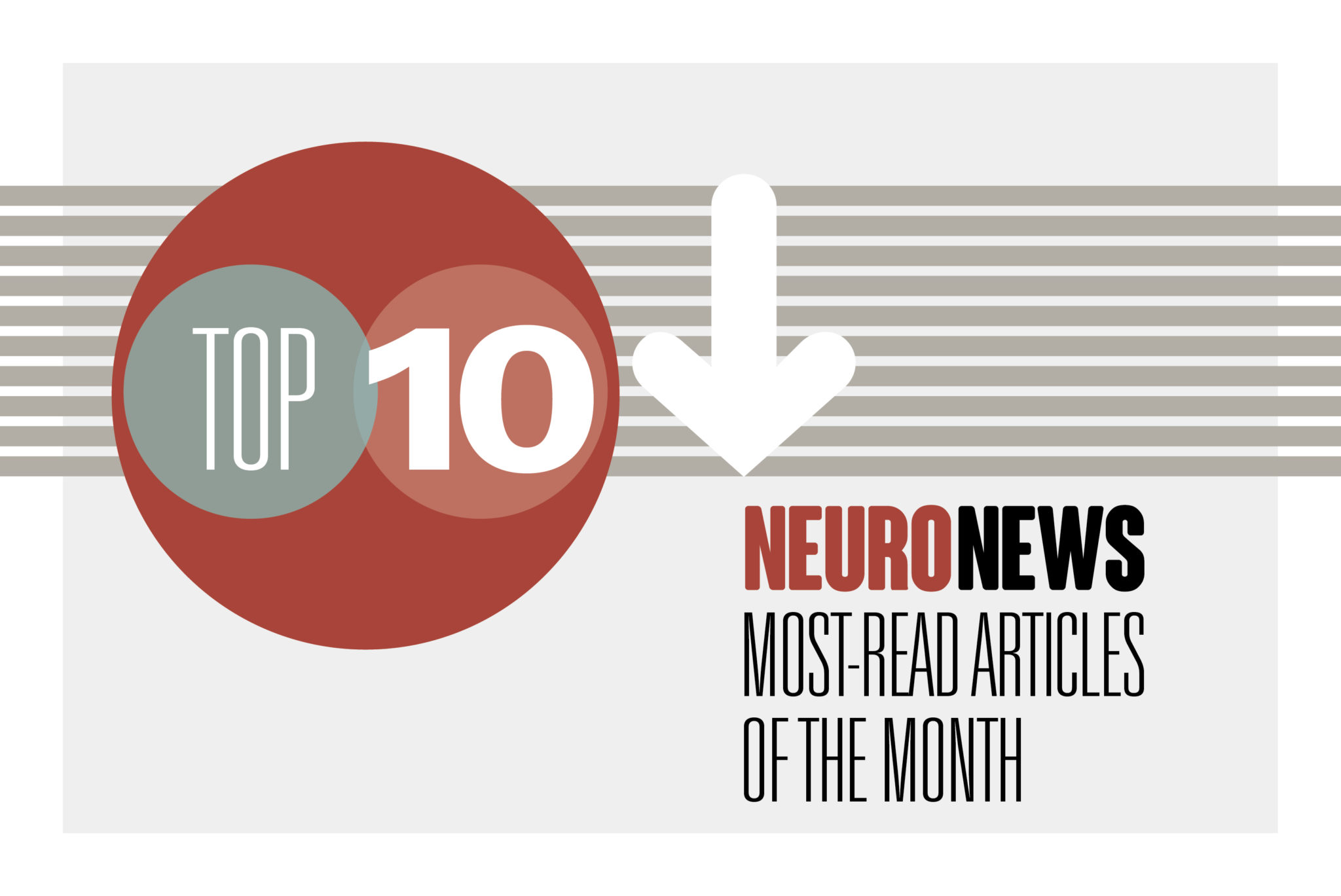 The latest advances in aspiration thrombectomy for stroke dominated among our most-read stories from July, through both regulatory device approvals and clinical data presentations. Also prominent within NeuroNews’ most popular stories of the month were new pieces of research indicating the potential benefits of GLP-1 inhibitors in stroke and brain injury care, and a possible link between atrial fibrillation (AF) and the outcomes of mechanical thrombectomy for medium-vessel occlusions (MeVOs).
The latest advances in aspiration thrombectomy for stroke dominated among our most-read stories from July, through both regulatory device approvals and clinical data presentations. Also prominent within NeuroNews’ most popular stories of the month were new pieces of research indicating the potential benefits of GLP-1 inhibitors in stroke and brain injury care, and a possible link between atrial fibrillation (AF) and the outcomes of mechanical thrombectomy for medium-vessel occlusions (MeVOs).
1. Q’Apel announces US FDA clearance of Zebra neurovascular access system, prepares for full US launch
Q’Apel Medical has announced the receipt of US Food and Drug Administration (FDA) clearance for its Zebra neurovascular access system, with a full US launch of the device now being prepared.
2. Methinks AI receives US FDA 510(k) clearance for NCCT Stroke software
Methinks AI has announced that its non-contrast computed tomography (NCCT) Stroke software has received 510(k) clearance from the US FDA. A press release from the company notes that this advanced software enhances the capabilities of NCCT detection, making it “the only software on the market” capable of detecting suspected large vessel occlusions (LVOs) as well as more distal occlusions like those in the M2 segment of the middle cerebral artery (MCA) with “high precision”.
3. Late-breaking MARRS trial data reveal 61% first-pass effect rate with Perfuze’s Millipede system
Perfuze has announced the presentation of positive preliminary results from its pivotal MARRS investigational device exemption (IDE) clinical trial at the Society for NeuroInterventional Surgery (SNIS) annual meeting (14–18 July, Nashville, USA).
4. UK researchers to elucidate endovascular brain aneurysm treatments via SEATED study
A major, UK-wide study—led by researchers from the School of Biomedical Engineering and Imaging Sciences at King’s College London (London, UK)—has been initiated to improve the treatment of brain aneurysms using advanced endovascular devices.
5. Terumo unveils new Sofia 88 data demonstrating “strong performance” versus other super-bore catheters
Terumo Neuro has unveiled new, real-world US physician preference data for the Sofia 88 neurovascular support catheter at the 2025 SNIS annual meeting. The data—now presented publicly for the first time—demonstrate “strong performance” compared to other super-bore catheters in key performance metrics like trackability, atraumatic design and overall physician-rated experience, according to the company.
6. Route 92 announces new data on HiPoint reperfusion system alongside SUMMIT RISE study launch
Route 92 Medical has announced results from an independent, real-world study evaluating reperfusion outcomes following use of the company’s HiPoint reperfusion system—described by Route 92 as “the first and only” US FDA-cleared 0.088-inch reperfusion catheter system for direct aspiration of LVOs in patients experiencing an acute ischaemic stroke.
7. Diabetes drugs like Ozempic may help mitigate effects of stroke and brain haemorrhages
GLP-1 inhibitors like semaglutide (Ozempic)—commonly prescribed diabetes medications that lower blood sugar levels and often cause weight loss—may be able to mitigate against strokes and brain injury-related complications. That is according to the findings of three separate studies presented at the 2025 SNIS annual meeting.
8. Atrial fibrillation linked to reduced first-pass effect in MeVO stroke thrombectomy cases
The presence of AF may reduce the likelihood of mechanical thrombectomy being successful at the first attempt in patients with acute ischaemic strokes caused by MeVOs. That is according to a registry study published recently in Interventional Neuroradiology by senior author Manisha Koneru (Cooper University Health Care, Camden, USA), lead author Omnea Elgendy (Cooper Medical School of Rowan University, Camden, USA), and colleagues.
9. EMBO-02 study indicates rapid cSDH resorption and pain-free treatments with NeoCast liquid embolic agent
Arsenal Medical has announced late-breaking data from the EMBO-02 clinical study evaluating NeoCast—a next-generation, shear-responsive liquid embolic agent—in the treatment of patients with chronic subdural haematoma (cSDH) via middle meningeal artery embolisation (MMAe).
10. Imperative Care secures US FDA clearance for Zoom 7X catheter alongside first patient cases
Imperative Care has announced US FDA 510(k) clearance for its latest advancement in ischaemic stroke treatment, the Zoom 7X aspiration thrombectomy catheter, in addition to the first patient cases with this novel technology.







